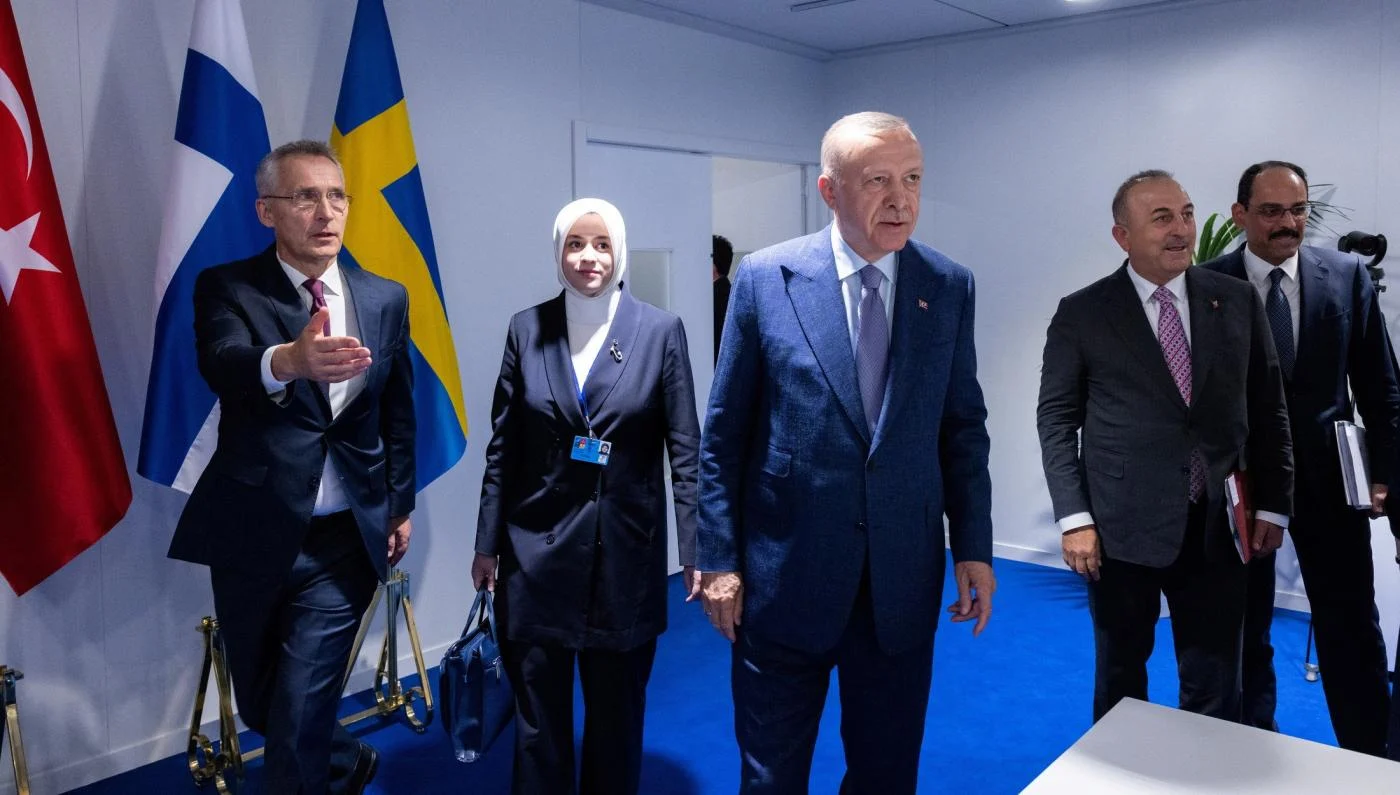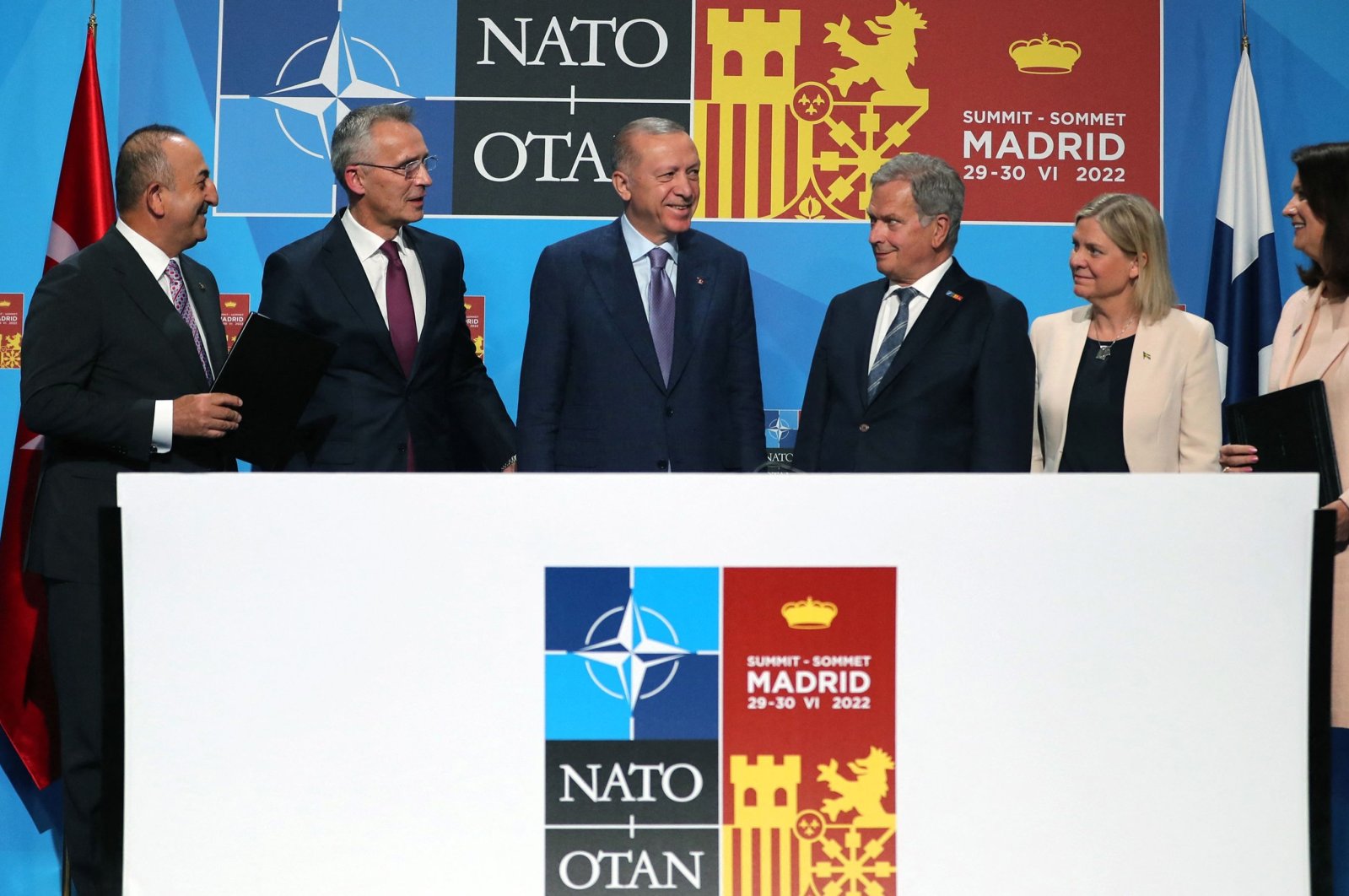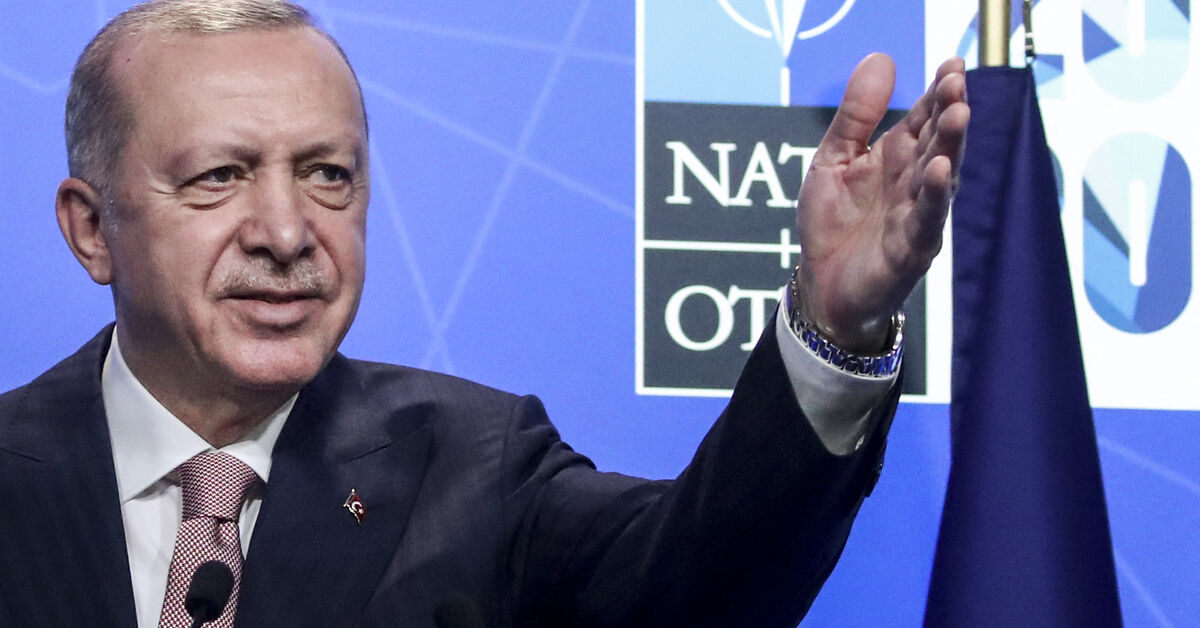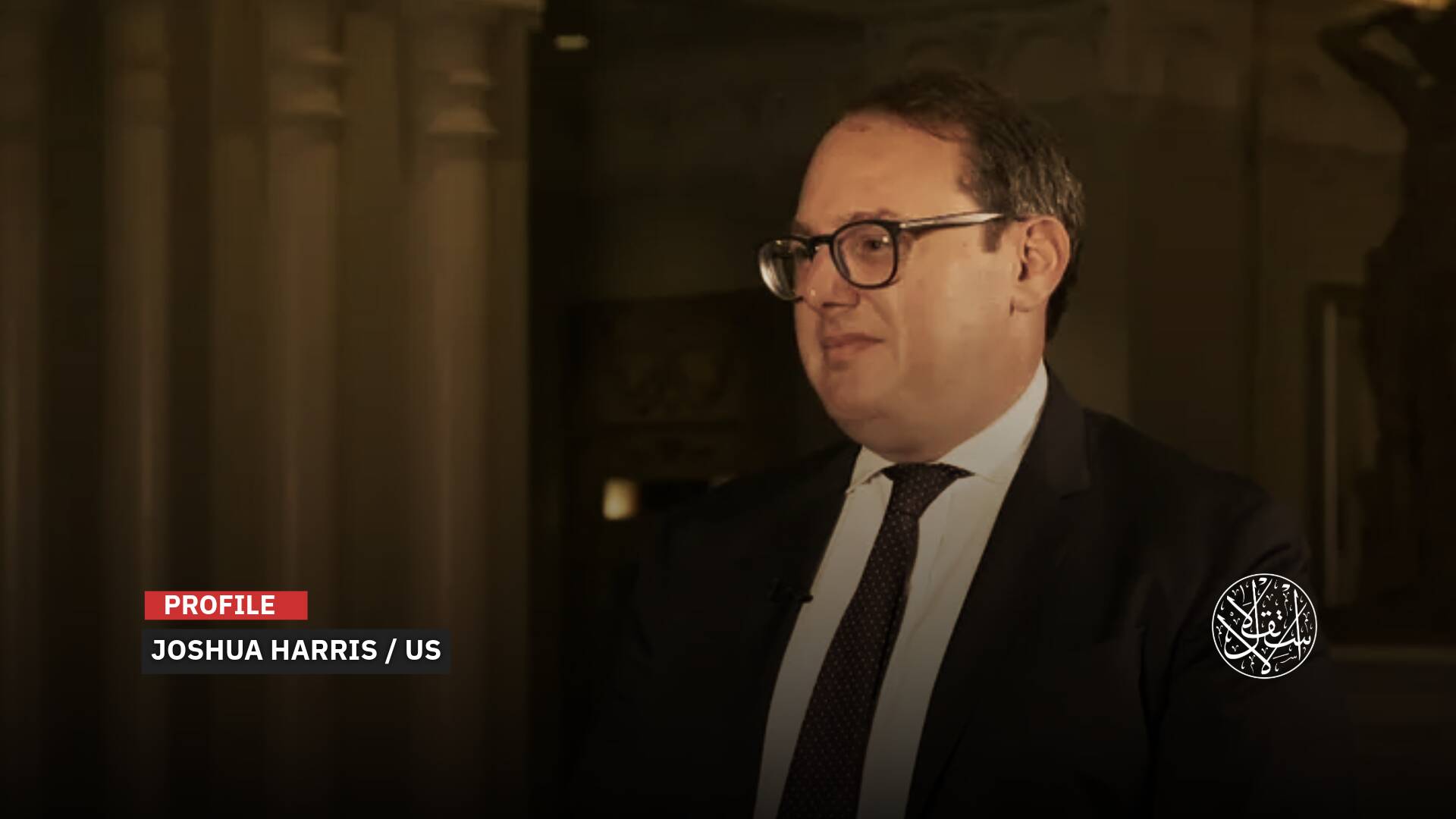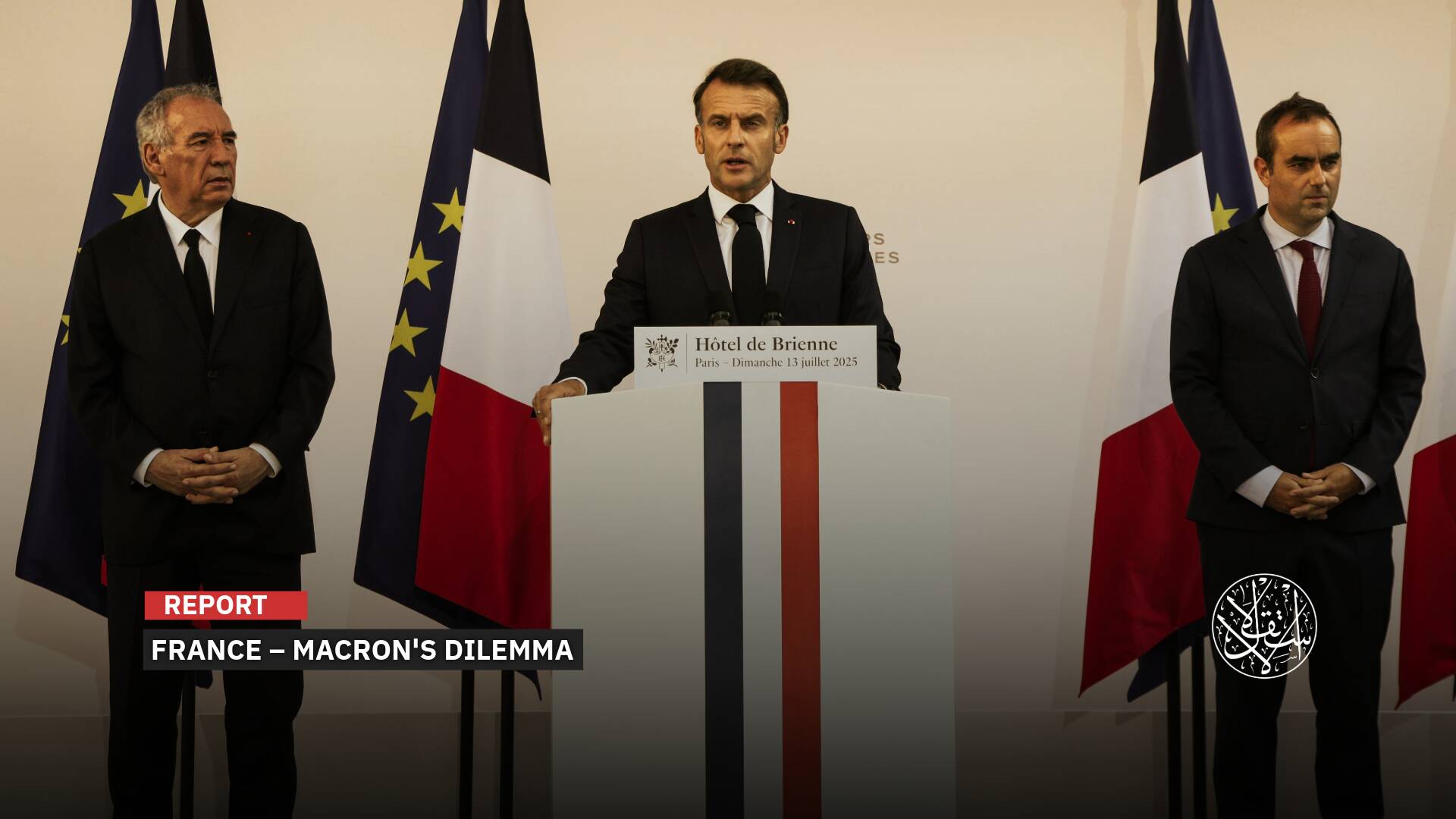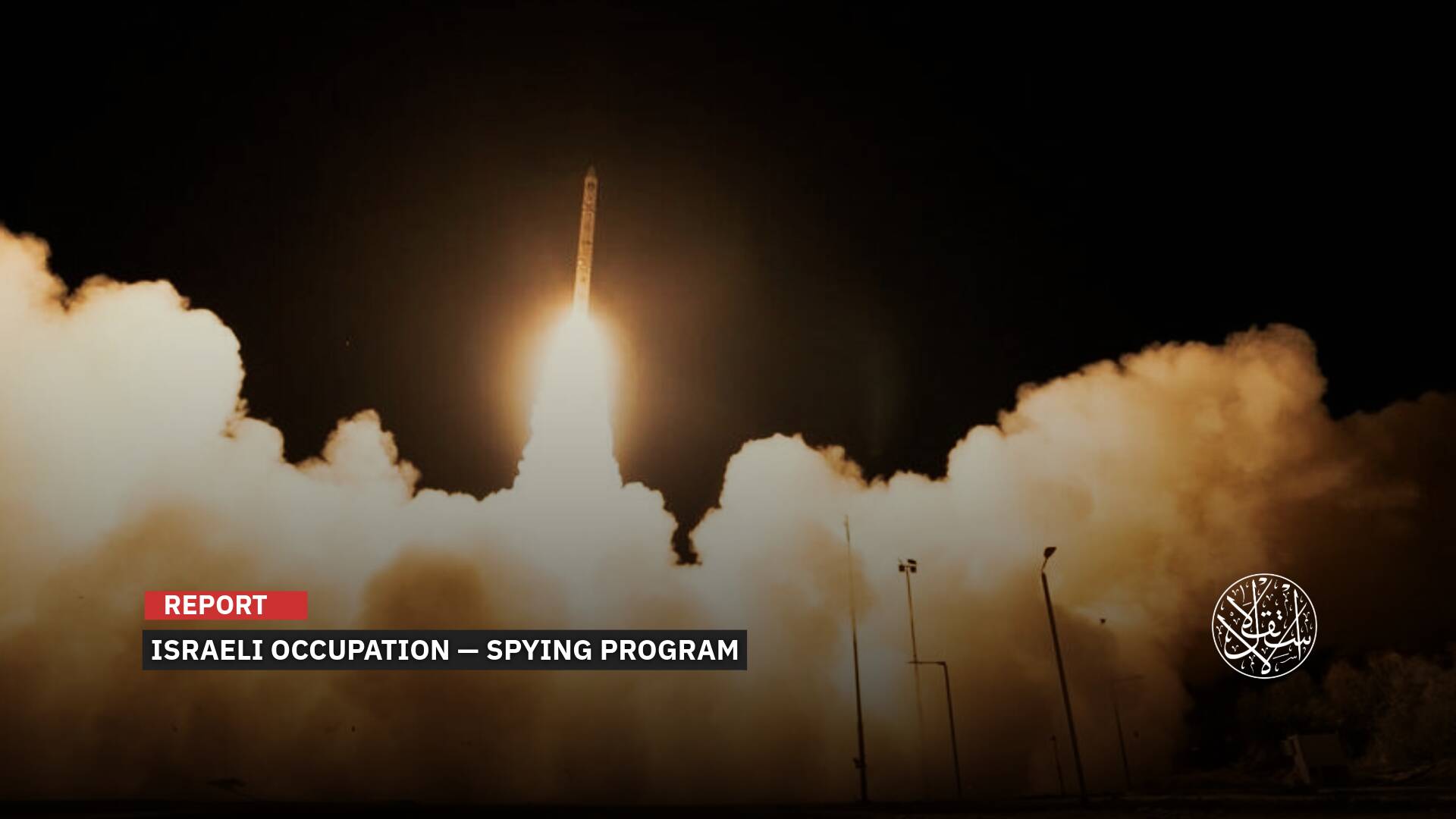Would Turkiye’s Agreement With Finland and Sweden Be Buried Before Its Birth?

Only a few days after the signing of the tripartite agreement between Sweden and Finland with Turkiye, aiming for the accession of the two northern countries to the North Atlantic Treaty Organization (NATO), a dispute over its interpretation erupted.
Based on that agreement, Ankara insists on the extradition of 73 people accused of belonging to terrorist organizations. At the same time, the politicians of Sweden and Finland refuse to include several people on the pretext that local legislation and laws do not allow them to do so.
The controversy led to an implicit Turkish threat to veto the accession. Turkish President Erdogan warned not to send the two countries' NATO membership agreement to the Turkish Parliament for approval as part of the procedures of the 30 countries in the alliance to consider full membership.
Ankara considers that Sweden and Finland are obligated to honor the promises made in the agreement on June 28, before the opening of the Atlantic Summit in Madrid.
"They have to comply with this document. If they don't, we won't allow them to join NATO," Cavusoglu told NTV television.
Different Interpretations
Erdogan's allusion to the Macedonian experience, and its need for about 20 years to obtain Greece's approval for NATO membership after changing its name to North Macedonia, raises concerns of the two countries again, and at the level of Europe, especially since the continent considered Helsinki and Stockholm's membership a victory on the front lines with Russia.
The exchange over the contents and interpretations of the Turkish agreement with the two sides entered a chapter similar to what prevailed before its signing. Finnish Foreign Minister Pekka Haavisto considered that the talk about the number of people wanted for deportation to Turkiye does not comply with the agreement.
In the signed agreement, a text reads: "Sweden and Finland must process Turkiye's requests for extradition of terrorism suspects." However, recalling the numbers, which have been raised for years and include Turkish personalities, including journalists and writers, and Kurdish figures who do not hide their loyalty to the Kurdistan Workers' Party, came back to blow up the agreement.
Legal Controversy
The agreement sparked an internal debate in both Helsinki and Stockholm, where some considered in the latter that "Sweden had sold its principles." In contrast, others, from Swedes and Kurds, expressed their shock at the concessions.
Helsinki's Foreign Minister, Haavisto, stressed to the Finnish press on July 1 that "the agreement is what was written on paper only, and you can, of course, have a different interpretation, but you agreed to the written texts, but nothing else."
He considered that currently, there is no person in Finland who meets the requirements for deportation or extradition to Turkiye.
"We are following our own laws regarding human rights," the Finnish Foreign Minister added. The Turks are demanding that Finland's laws be changed to allow extradition, which Haavisto refused.
On the other hand, fears are increasing among the Kurdish circles, not only regarding the extradition of wanted persons to Ankara but also because the agreement reaffirms the classification of the PKK as a terrorist organization after years of semi-tolerance by Scandinavian and Germans with its activities. Especially since the cooperation of the PKK with the West led by Washington since 2014, under the title of fighting the terrorist organization ISIS in northeastern Syria.
What the Scandinavian parties do not deny is that the agreement does stipulate tightening the laws that prevent the activities of Kurdistan and its Syrian-Kurdish branches, which found the doors of the Scandinavian countries open, especially after some Syrian Kurdish leaders moved to Stockholm.
Despite this, the legislation in both countries remains clear in terms of not extraditing their citizens.
The Swedish Minister of Justice and Immigration, Morgan Johansson, reiterated that Sweden's laws prevent the extradition of those who hold citizenship or even dual citizenship.
Swedish television quoted a professor of international law at Stockholm University and a former foreign affairs adviser, Ove Bring, that it is not possible in any way to extradite Swedish citizens, and "the Swedish judiciary deals in a specific manner in accordance with the legislation, away from what is said of political promises."
Sweden and Finland adhere to the separation of powers and domestic human rights legislation, and not to extradite people because they have been charged in another country. Pending bargains, at least in terms of the interpretation of the signed agreement, things will return to their previous status before the optimistic picture drawn by the Madrid summit recently, thus relieving the pressures that Moscow felt during the past days.
Refugees at Risk
In an interview with Al-Estiklal Soumia Rahali researcher at Sabahtin Zaim university said: "Swedish legislation from 1957, in line with its European counterpart, prohibits extradition of citizens for trial in another country, including dual nationals, but the law does not protect against extradition for those residing as immigrants/refugees if the courts, especially the Supreme Court, find grounds for charges."
She added: "The laws allow for local trials of those accused of committing terrorist acts and crimes outside the borders, and in the past years, complaints were filed against some Syrians in Sweden who were accused of participating in committing crimes before they moved there."
For his part, Ova Bring believes that it is not possible to extradite those who are accused of terrorist acts by Turkiye, the terrorist acts must also be defined according to Swedish law, and this will protect most of those who are wanted for extradition, although not all (those who do not hold Swedish citizenship in particular).
While awaiting the trends of new debates, which are of course of interest to the Western Alliance in general in the context of the heated confrontation with Russia, the Turkish side seems to adhere to the terms of the signed agreement. Turkiye also agreed to what the technical procedures allow for its Parliament's vote on the membership of Sweden and Finland in the Atlantic Alliance.


